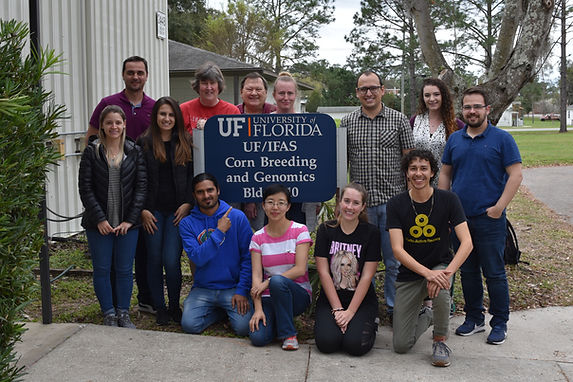top of page

Welcome to Our Plant Breeding Programs
Here at the University of Florida, we're excited to share our work on improving two important crops: sweet corn and potato. Through research and plant breeding, we're focused on creating better varieties with higher yields, improved taste, and greater resilience.
Click below to find out more!

bottom of page


